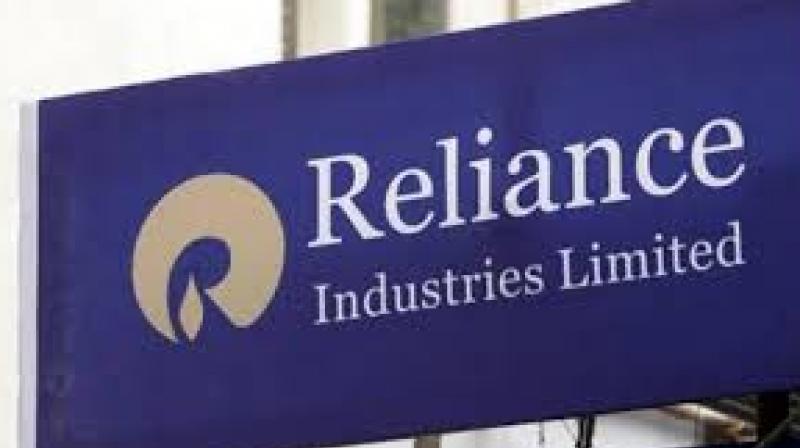Reliance\'s refinery complexity index rises to 21.1
Complexity index designates capabilities of a refinery to upgrade lowest quality crude to highest quality refinery products.

New Delhi: The complexity of Reliance Industries Ltd' giant refinery complex at Jamnagar has risen by over 66 per cent to 21.1, giving it the ability to process a wide basket of crude oil and boosting its margins.
The company in its latest annual report said the Jamnagar supersite ranks first in the world in complexity barrels, aided by best-in-class refinery and petrochemicals integration.
Complexity index (CI) designates the capabilities of a refinery to upgrade the lowest quality crude to the highest quality refinery products, including fuels and petrochemicals.
"Complexity index of Jamnagar supersite, as per KBC, a global refinery consultant, has increased from earlier 12.7 to 21.1 or a 66.1 per cent boost with the start-up of Jamnagar expansion projects, including ROGC and downstream units, Paraxylene complex and Petcoke Gasification complex," it said. This gives the firm an "ability to run a wide basket of crudes".
The company has two refineries at Jamnagar -- a 33 million tonnes a year older unit that caters to the domestic market and a 35.2 million tonnes only-for-exports unit. Its total refining capacity of 68.2 million tonnes is just a shade lower than 69.2 million tonnes capacity with the country's biggest oil firm, Indian Oil Corp (IOC).
Commenting on the annual report, Morgan Stanley said the company has a vision of being one of the top five petrochemical companies in the world.
"RIL refinery processed about 170 different crudes, up from 150 during the past two years," it said. "RIL's refinery sales volume declined (to 54 per cent from 60 per cent), as domestic and captive sales increased."
In 2018-19, RIL's refining margin at USD 9.2 per barrel remained relatively strong even in a dynamic volatile market.
"RIL maintained a significant premium of USD 4.3 a barrel over the benchmark Singapore complex margins. RIL's superior refining margins are a result of superior product slate, robust risk management, and higher secondary unit throughputs," the company said in its annual report.
Among the refineries started in recent years, state-owned Bharat Petroleum Corp Ltd's Bina refinery in Madhya Pradesh has CI of close to 10 while Hindustan Petroleum Corp Ltd's (HPCL) Bhatinda unit has a complexity of 12. IOC's latest refinery at Paradip in Odisha has a complexity factor of 12.2, making it capable of processing cheaper, higher sulphur and heavy crude.
In January 2018, RIL announced the successful commissioning of the world's first-ever Refinery Off-Gas Cracker (ROGC) complex of 1.5 million tonnes per annum capacity. The ROGC complex uses off-gases from Jamnagar refineries as feedstock, helping RIL emerge as one of the most efficient producers of polymers in the world.
Petcoke gasification project, one of the largest clean initiatives in the world, uniquely turned Jamnagar refineries 'bottom-less' by converting low-value petroleum coke into syngas (synthesis gas).
"One of the most complex projects, it has integrated 83 process units with refineries and other downstream units operating in extreme conditions, with temperatures ranging from (-)190°C to (+)1,480°C, and pressure fluctuating from vacuum to 120 standard atmosphere," the annual report said.
Reliance's refining complex, which is the largest in the world, is designed to operate solely on desalinated seawater, thus making freshwater resources from lakes and rivers available for communities to use.

